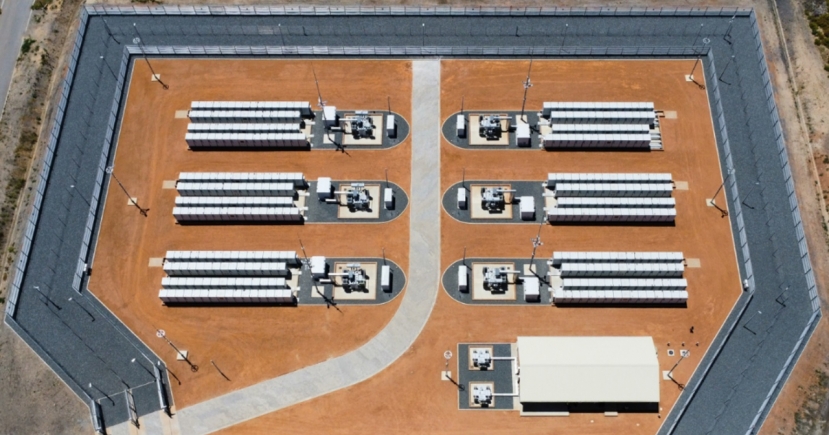Samsung
Samsung Electro-Mechanics to launch ‘weatherproof’ camera modules for cars
 |
Samsung Electro-Mechanics' 'weatherproof' camera modules (Samsung Electro-Mechanics) |
Samsung Electro-Mechanics is set to start mass production of “weatherproof” camera modules with cutting-edge water-repellent capabilities and heating features for cars this year, the company said Sunday.
In the wake of growing demand for enhanced image quality in automotive assistance features and the development of autonomous driving technology, Samsung aims to expand its presence in the camera module industry with its advanced technologies.
"Accidents occur when camera sensors in cars don't work properly and the demand is growing for high-end cameras in the market," principal engineer at Samsung Electro-Mechanics Kwak Hyung-chan said.
"Unlike cameras for IT devices, automotive cameras are closely related to safety. Our automotive camera modules have been developed to withstand extreme weather conditions with better specs than existing products."
One of the key technologies is the water-repellent coating that boasts a longer lens lifespan when compared to conventional products.
The company's water-repellent lens coating has been made to maximize water-repellency angles for easier removal of water droplets and is 1.5 times stronger in preventing wear from dust, dirt, and scratches, according to Kwak. The product also has a lifespan of more than six times that of existing products, Kwak added.
To address potential malfunction due to frost or snow during winter, Samsung has devised lens heating technology, ensuring prompt melting within one minute -- faster than rival products.
Samsung also has come up with a hybrid lens combining the strengths of glass and plastic lenses, which will be integrated into vehicles soon.
The new product, overcoming the weaknesses of each material, promises enhanced durability, resistance to temperature variations and improved productivity compared to traditional lens materials, the engineer said.
Samsung also has developed the world's first all-weather camera module equipped with an iris for adjusting light intake, meticulously designed to operate flawlessly in extreme temperatures.
"The number of cameras going into one car is increasing. Now they use four to five cameras but industry observers see a minimum of 20 will be adopted in the future, and we seek to come up with new technologies and explore new applications to expand the market," Kwak said.
With the new technologies, Samsung Electro-Mechanics expects the share of automotive camera modules in its sales to rise steadily from approximately 10 percent in 2023 to around 24 percent by 2025.
Looking at the market in the bigger perspective of mobility, the company also aims to tap into the robotics industry with its camera modules, Kwak said.
"Both the robotics and mobility industries need eyes. We supply where there is demand."
According to market tracker Consegic Business Intelligence, the automotive camera module market is expected to grow from $3.1 billion in 2023 to $8.5 billion in 2030, with an annual growth rate of 13.8 percent.
By Jo He-rim (herim@heraldcorp.com)
The Korea Herald





![[Herald Interview] Mom’s Touch seeks to replicate success in Japan](http://res.heraldm.com/phpwas/restmb_idxmake.php?idx=151&simg=/content/image/2024/04/29/20240429050568_0.jpg)


